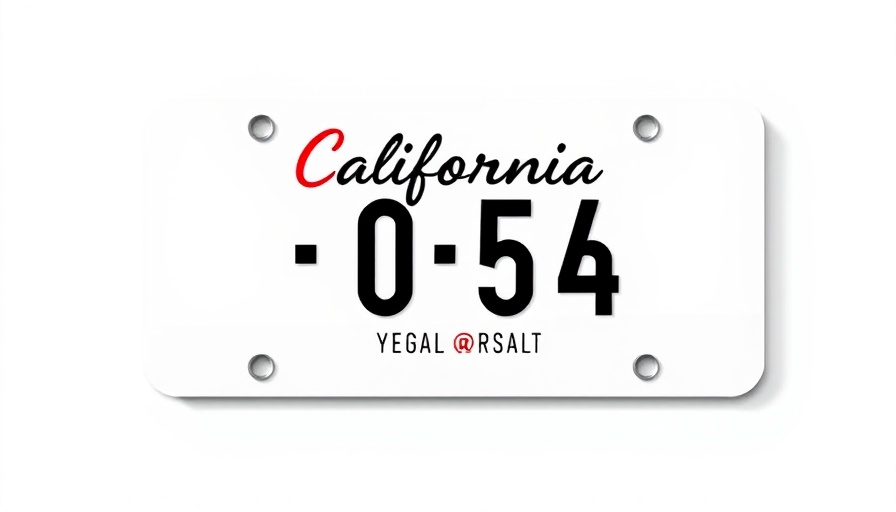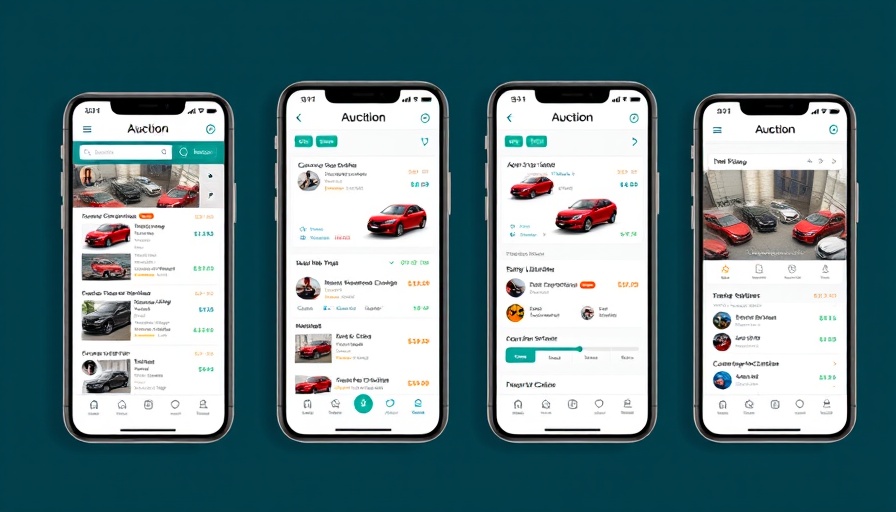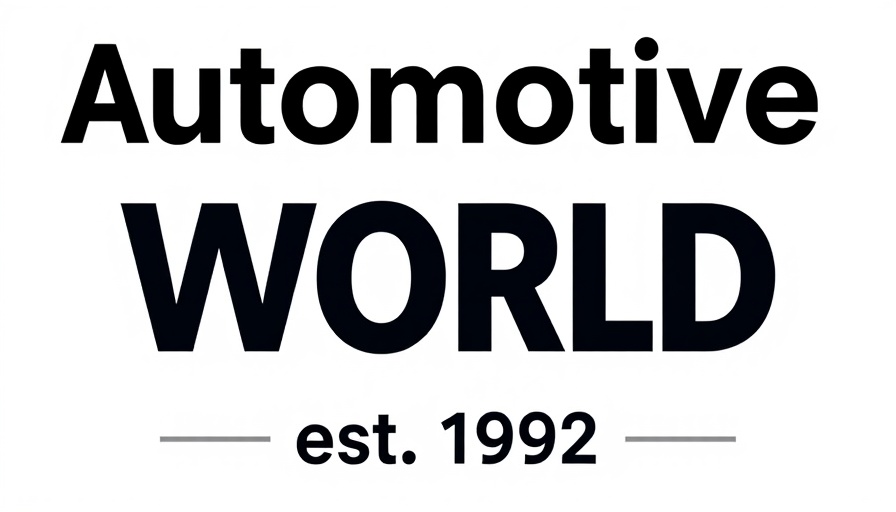
Headlights in Jeopardy: A Hidden Risk in the Kia Sorento
The Kia Sorento, a popular choice among midsize crossover SUVs, is facing a significant dilemma as 10,687 units of its hybrid and plug-in hybrid models have been recalled due to a dangerous software glitch that can cause headlights and taillights to fail. This issue—a potential lighting failure—is now prompting concern among dealership leaders and consumers alike, as it could severely compromise road safety.
Understanding the Risk: Lighting Failures Explained
According to the National Highway Traffic Safety Administration (NHTSA), the affected vehicles may experience a momentary loss of lighting visibility because of an error with the body domain control unit software. Such a malfunction not only threatens the driver’s ability to see the road but also reduces the vehicle’s visibility to other drivers, heightening the risk of accidents. It’s a scenario no driver wants to encounter, making this recall a priority for dealerships and their service departments.
The Making of a Recall: How Software Shapes Vehicle Safety
The 2025 Kia Sorento Hybrid and Plug-in Hybrid crossovers have not only mechanical shortcomings as part of the recall; this issue lies within software that controls vital lighting systems. This factor sets it apart from typical mechanical recalls, where parts are simply faulty or defective. For dealership principals and GMs, it underscores the importance of monitoring software updates and ensuring that their teams can perform these updates swiftly—without inconveniencing customers.
The Financial Implications for Dealerships
With the announcement of this recall, dealerships are presented with both a challenge and an opportunity. While this represents a potential dip in customer trust, effective communication and swift action in addressing the software updates can illustrate a commitment to consumer safety. It also positions the dealership as a trusted source for car maintenance, which can enhance customer loyalty in the long run. However, the rising costs of parts for repairs—as seen in previous recalls for fuel leaks—further complicate the financial landscape. Responsiveness is essential to balancing reputation and profitability in this evolving marketplace.
A Step Toward Greater Safety Standards
Kia has assured consumers that they are unaware of any crashes, injuries, or fatalities associated with this lighting issue, which suggests a proactive approach to potential hazards. The remedy for this situation involves a simple software update at no cost to the owner. Such efforts showcase a shift in how manufacturers are taking ownership of safety—from informing customers about risks to ensuring efficient resolutions.
Beyond the Recall: What Dealer Principals and GMs Should Know
As leaders in the industry, dealership principals and GMs must view this recall as a catalyst for enhancing internal training on vehicle software dynamics. Simplifying dealer operations while ensuring all staff understands the intricacies of this recall can be vital in establishing a transparent environment for their customers. This situation also presents a chance to highlight customer service excellence—important in building long-term relationships in an industry fraught with competition.
 Add Row
Add Row  Add
Add 




Write A Comment